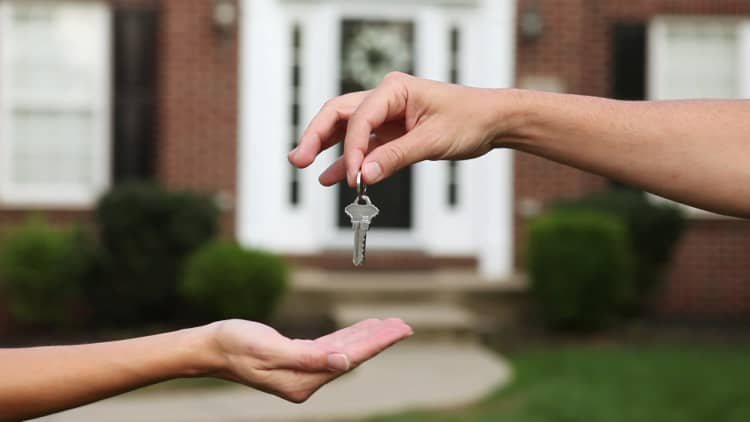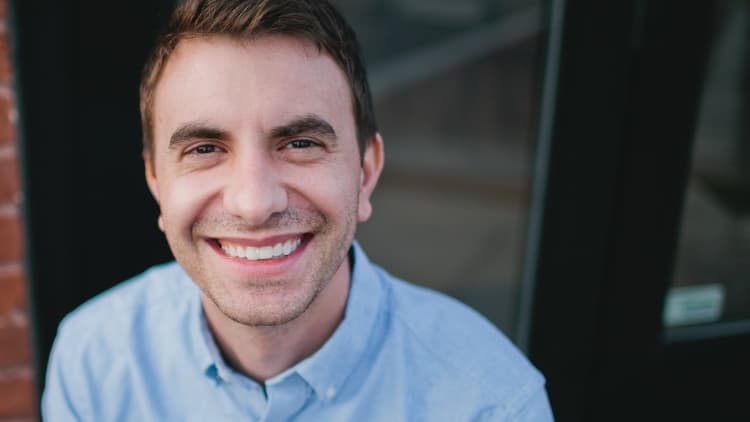Chris Reining mastered his money from an impressively young age. He built a $1 million portfolio by age 35 and retired at 37.
Of course, no one gets everything right. Reining regrets the $200,000 condo he bought at age 26.
The now 38-year-old retired millionaire was smart about the purchase — he saved enough to put 20 percent down and has since paid off the mortgage — but still calls it "the worst financial decision I've ever made."
Reining, who is based in Madison, Wisc., bought it for the wrong reasons, he writes on his blog: "to show everyone I was successfully navigating adulthood" and "to achieve the American Dream of buying a house."
At the time, it seemed like the natural step to take after getting a college degree and landing a stable job. "With home buying, a lot of people don't question it — and I didn't question it either," Reining tells CNBC. "I just bought it because I thought, 'Oh, everyone buys a house. That's what you want to do, right?'"
While many people consider real estate an asset or an investment, at the end of the day, owning a home takes money out of your pocket, he notes: Mortgage payments, property taxes, maintenance and repairs are just a few of the many expenses that come with home-ownership.
Plus, owning a home comes with what Reining calls "soft costs": your time and reduced flexibility.

He's not the only one to challenge the notion that a home is an asset. Personal finance author Robert Kiyosaki and self-made millionaire Grant Cardone say homes should be considered a liability. "Never think a home is a way to create financial freedom," Cardone writes on his blog.
"A house should be looked at as an expense, not an investment and merely a place to live."
Of course, depending on your individual situation, you may be better off buying than renting. Crunch the numbers and weigh the pros and cons of home-ownership before committing. And, as Cathy Derus, CPA and founder of Brightwater Financial, advises, "be intentional with your purchase." Don't commit for the wrong reasons.
At the end of the day, "if people want to buy a house, buy a house," says Reining. "But don't buy a house and think that it's going to be, or end up being, the best investment you're ever going to make."
Don't miss: 38-year-old retired millionaire shares his No. 1 saving tip



